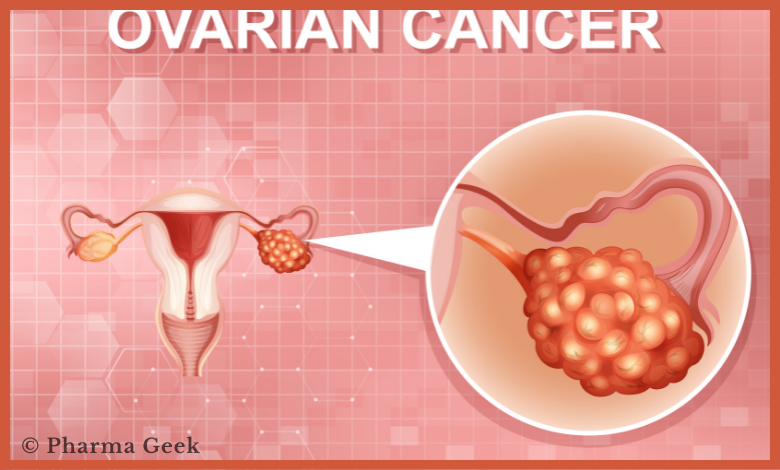Ovarian cancer research and development (R&D) is gathering steam worldwide. Companies operating in the space have upped their R&D spending on vaccine development and other studies and therapies.
Researchers have been looking into potential vaccines for preventing ovarian cancer for the past three decades. Vaccines hold the potential to become the most trusted treatment for ovarian cancer in the near future.
It is however still a nascent stage to confirm any of this because the proposed vaccines are in their clinical trial phase. Nevertheless, if successful these candidates can someday prevent ovarian cancer progression.
Ovarian cancer is among the most common cancers affecting an increasing number of women globally. It is also responsible for increased mortality than any other cancer affecting the female reproductive system.
A recent article published in Healthline Media focuses on the ongoing developments in the field. The article said that ovarian cancer poses various treatment challenges. Because it is often difficult to detect, ovarian cancer is often diagnosed at advanced stages.
As per 2019 research, the overall rate of survival after 5 years is below 50% Trusted Source. Meanwhile, a 2020 review by Trusted Source has identified almost 42 clinical trials published on vaccines or ovarian cancer. These include dendritic cell vaccines.
Dendritic cells (DCs) are an important part of the immune system. DCs keep a watch on their surroundings to identify the presence of antigens. When it detects any antigen such as a cancerous cell, a targeted immune response is activated by DCs to eliminate the threat.
Dendritic cell vaccines aim at harnessing the full power of DCs to kill cancer-causing tumor cells. The focus is typically on preventing tumor growth.

